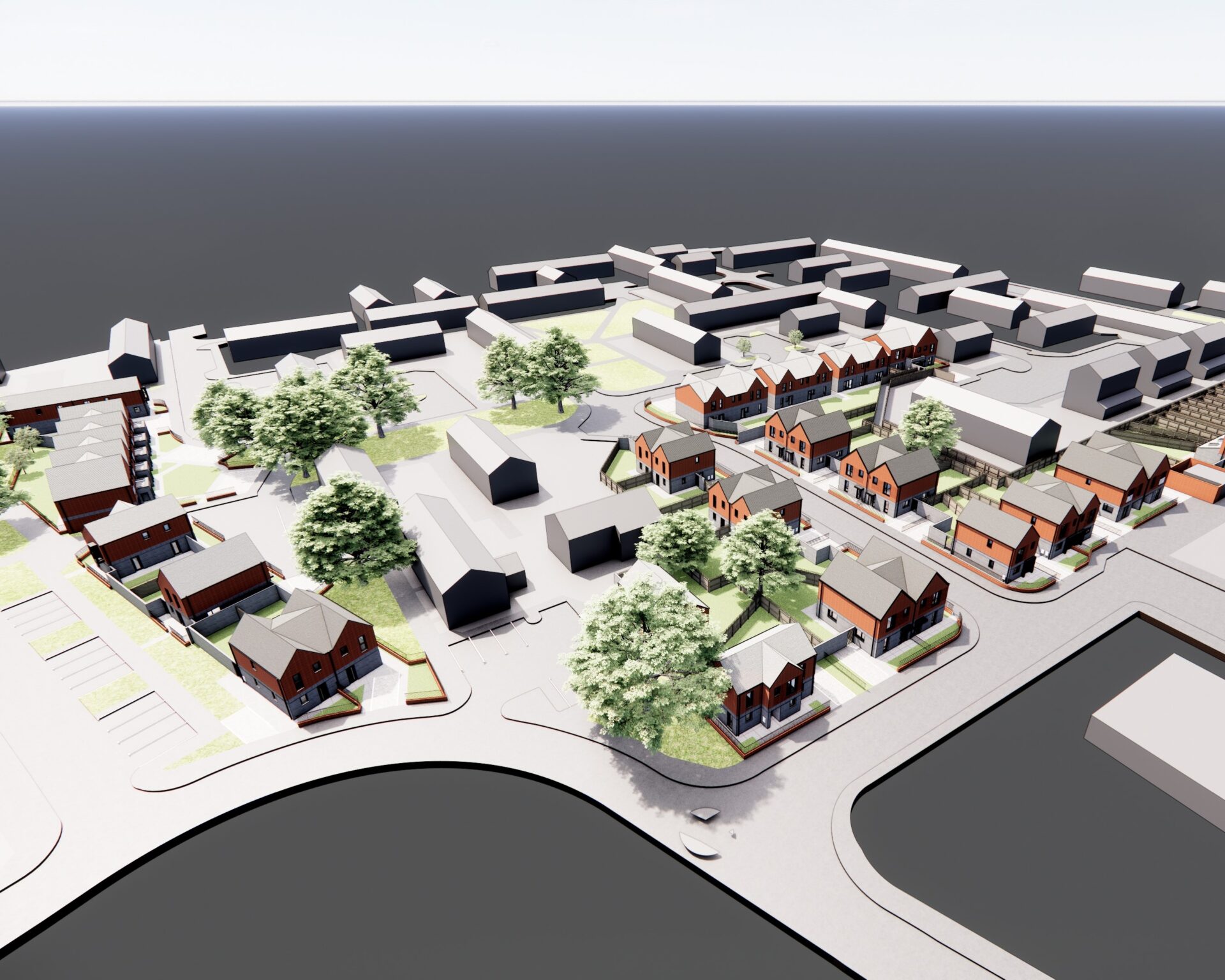Vinci replaces Carillion on £75m Owens Park
The University of Manchester has chosen Vinci to replace collapsed contractor Carillion on its £75m Owens Park student accommodation project in Fallowfield.
Carillion was chosen for the scheme, which includes the 1,122 student flats over eight blocks, in April last year. Work started on site in the summer, but halted following the company’s liquidation at the start of the year.
Vinci has now been appointed to complete the project, which is expected to be “substantially complete” in time for the 2019/20 academic year. Work is scheduled to restart on 5 May this year, a near five-month stop after work halted on 15 January.
Although Carillion’s original deal was procured via OJEU, the University said the contractors’ collapse meant the direct appointment of a replacement was “strictly necessary to deliver the student accommodation for 2019/20” and that there was “insufficient time to conduct a procurement process using any procedure or undertake a framework competition”.
The University added that if the development was not complete in time for 2019/20, it would have a “significant adverse impact on [its income and reputation]” as well as a timetable hit to further phases of the scheme.
As well as the student flats, the development also includes an energy centre, student amenity hub, and associated landscaping.
The blocks are typically four-storey residential units in various configurations, typically comprising ten bedrooms and a kitchen area on each floor.
The £75m project is the first element of a three-phase programme to overhaul the residential part of the Owens Park site, which houses 3,251 students along with central university functions such as catering and site maintenance.
The University added it would look to procure these further phases through its framework as normal. Phase two includes around 1,000 student flats, while phase three includes nearly 900.
Abu Dhabi investor Mubadala Development Company was selected in 2014 for the whole scheme, which is now projected at £245m, but left the project in 2016 by mutual consent, triggering a new procurement process.




